Germany arrests anti-Islam Saudi in SUV attack
The attack on a Christmas market in Magdeburg left five people dead and more than 200 wounded

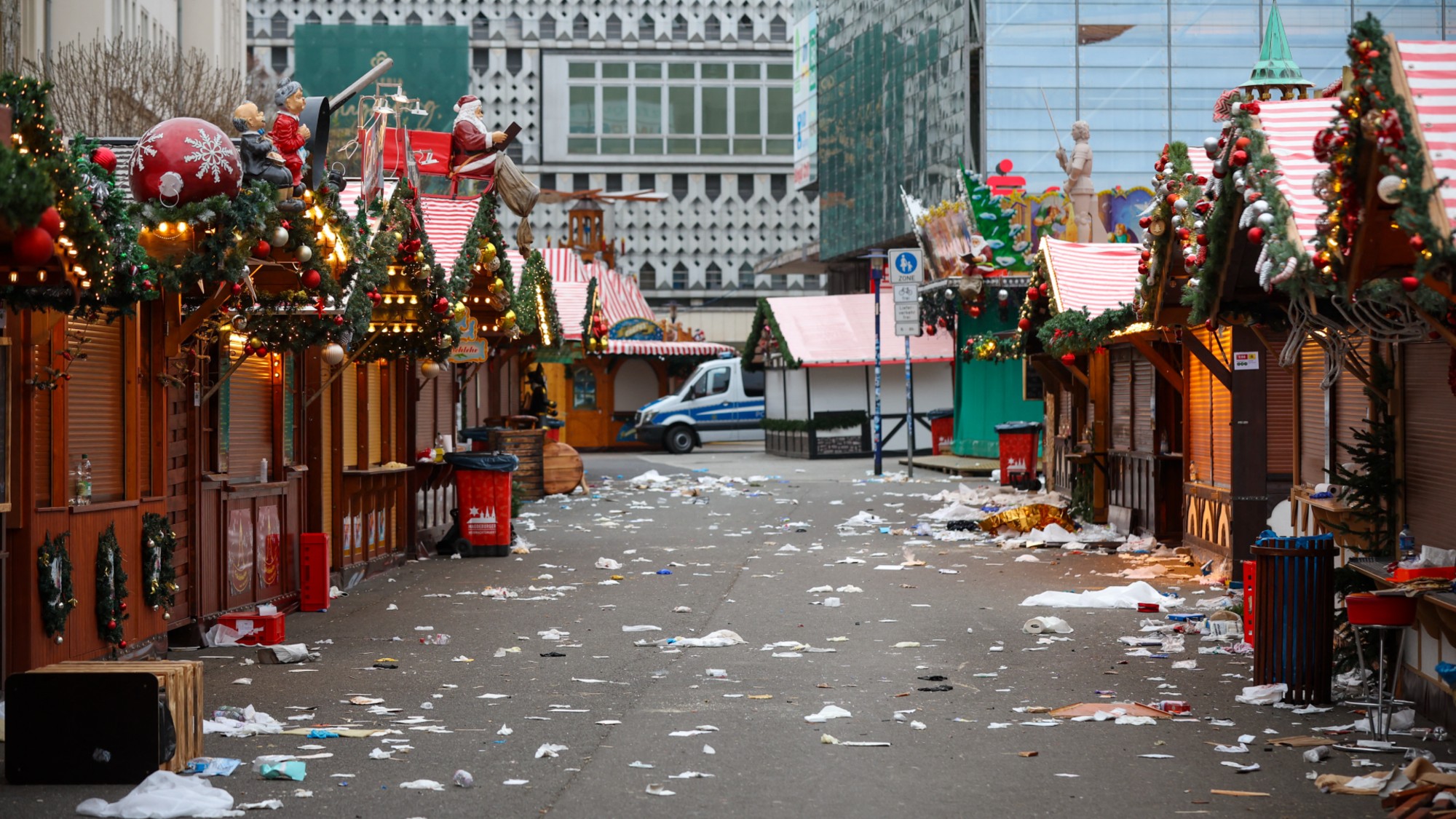
A free daily email with the biggest news stories of the day – and the best features from TheWeek.com
You are now subscribed
Your newsletter sign-up was successful
What happened
German authorities arrested a Saudi psychologist and anti-Islam activist over the weekend, accusing him of a Friday night SUV attack on a Christmas market in Magdeburg that left five people dead and more than 200 wounded, 41 of them seriously. Officials acknowledged Sunday they had received warnings from Saudi Arabia about the suspect, identified as Taleb al-Abdulmohsen, and said they were trying to establish a motive for the attack.
Who said what
The alleged attacker, who drove a rental car into a crowd of Christmas shoppers, "does not fit any existing mold," Interior Minister Nancy Faeser said Sunday. The "perpetrator" acted "like an Islamist terrorist, although he was clearly ideologically hostile to Islam."
Abdulmohsen, a resident of Germany since 2006, had expressed support for the far-right Alternative for Germany (AfD) party and for Elon Musk. Peter Neumann, a German terrorism expert and a professor of security studies at King's College London, said on X that "a 50-year-old Saudi ex-Muslim who lives in East Germany, loves the AfD and wants to punish Germany for its tolerance toward Islamists" is an unusual profile.
The Week
Escape your echo chamber. Get the facts behind the news, plus analysis from multiple perspectives.

Sign up for The Week's Free Newsletters
From our morning news briefing to a weekly Good News Newsletter, get the best of The Week delivered directly to your inbox.
From our morning news briefing to a weekly Good News Newsletter, get the best of The Week delivered directly to your inbox.
What next?
The "horror triggered by yet another act of mass violence in Germany makes it likely that migration will remain a key issue" in Feb. 23 federal elections, where the AfD is polling in second place after the conservative Christian Democrats, The Associated Press said.
A free daily email with the biggest news stories of the day – and the best features from TheWeek.com
Peter has worked as a news and culture writer and editor at The Week since the site's launch in 2008. He covers politics, world affairs, religion and cultural currents. His journalism career began as a copy editor at a financial newswire and has included editorial positions at The New York Times Magazine, Facts on File, and Oregon State University.
-
 How the FCC’s ‘equal time’ rule works
How the FCC’s ‘equal time’ rule worksIn the Spotlight The law is at the heart of the Colbert-CBS conflict
-
 What is the endgame in the DHS shutdown?
What is the endgame in the DHS shutdown?Today’s Big Question Democrats want to rein in ICE’s immigration crackdown
-
 ‘Poor time management isn’t just an inconvenience’
‘Poor time management isn’t just an inconvenience’Instant Opinion Opinion, comment and editorials of the day
-
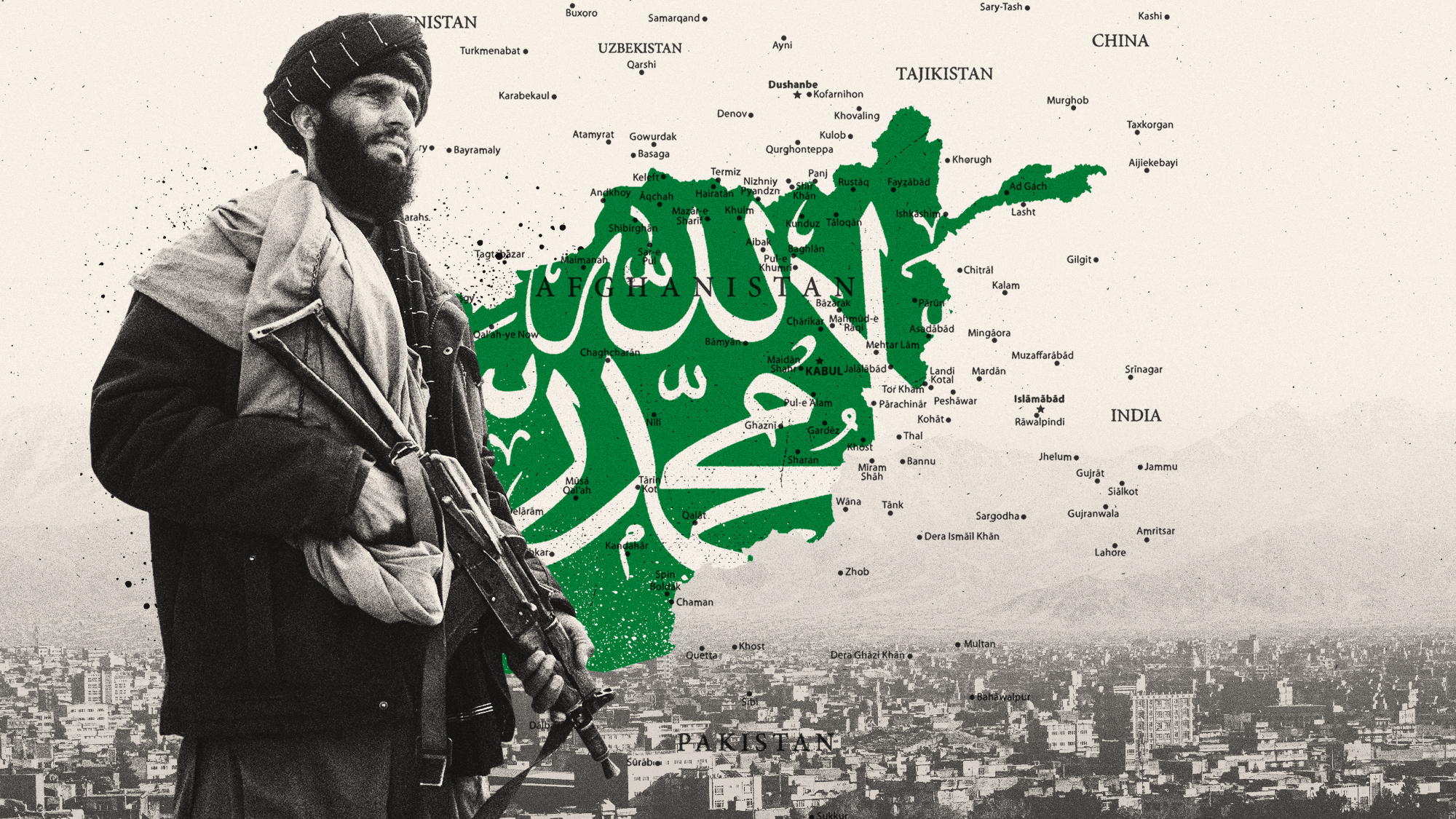 Normalising relations with the Taliban in Afghanistan
Normalising relations with the Taliban in AfghanistanThe Explainer The regime is coming in from the diplomatic cold, as countries lose hope of armed opposition and seek cooperation on counterterrorism, counter-narcotics and deportation of immigrants
-
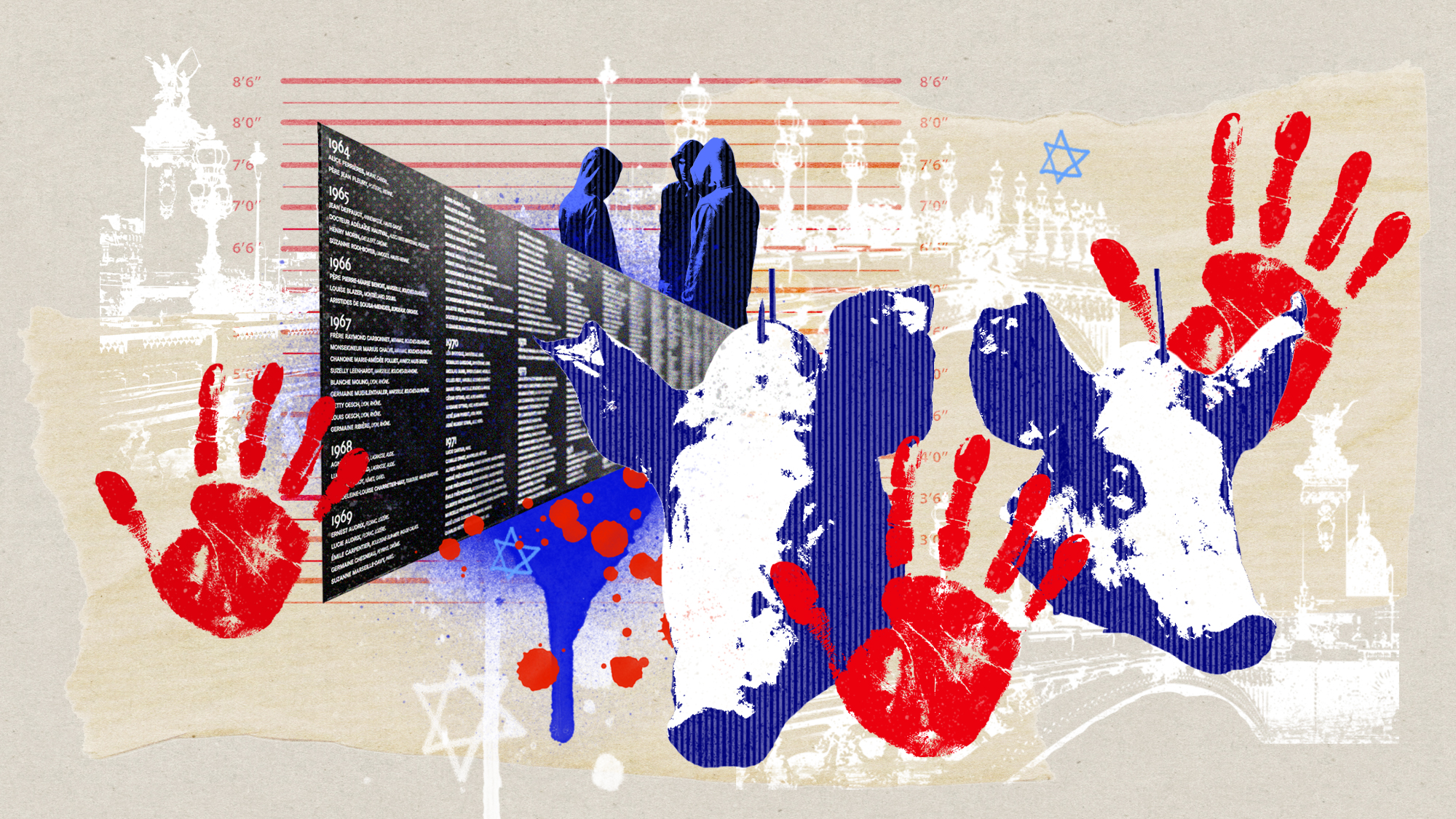 France’s ‘red hands’ trial highlights alleged Russian disruption operations
France’s ‘red hands’ trial highlights alleged Russian disruption operationsUNDER THE RADAR Attacks on religious and cultural institutions around France have authorities worried about Moscow’s effort to sow chaos in one of Europe’s political centers
-
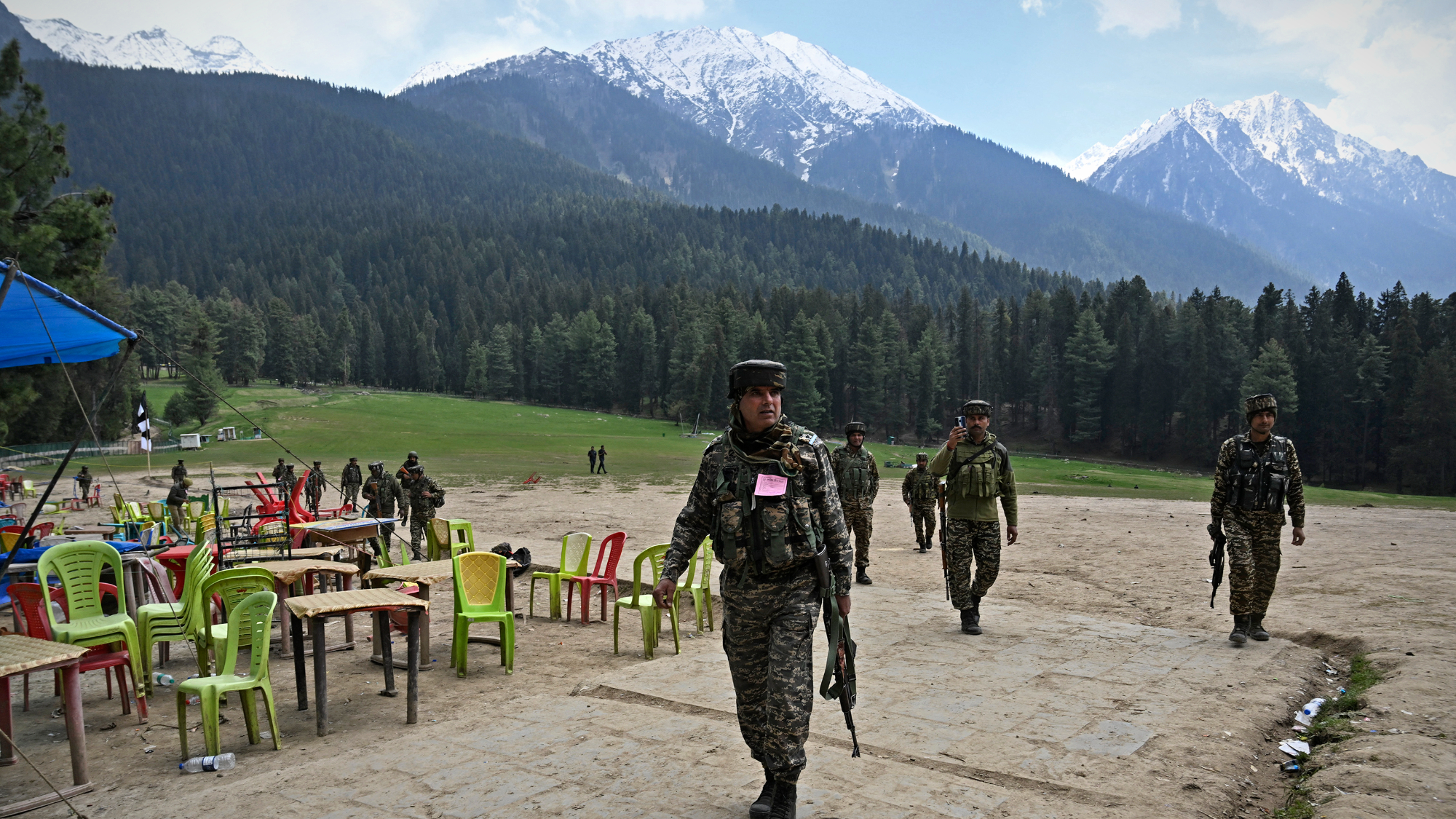 Dozens dead in Kashmir as terrorists target tourists
Dozens dead in Kashmir as terrorists target touristsSpeed Read Visitors were taking pictures and riding ponies in a popular mountain town when assailants open fired, killing at least 26
-
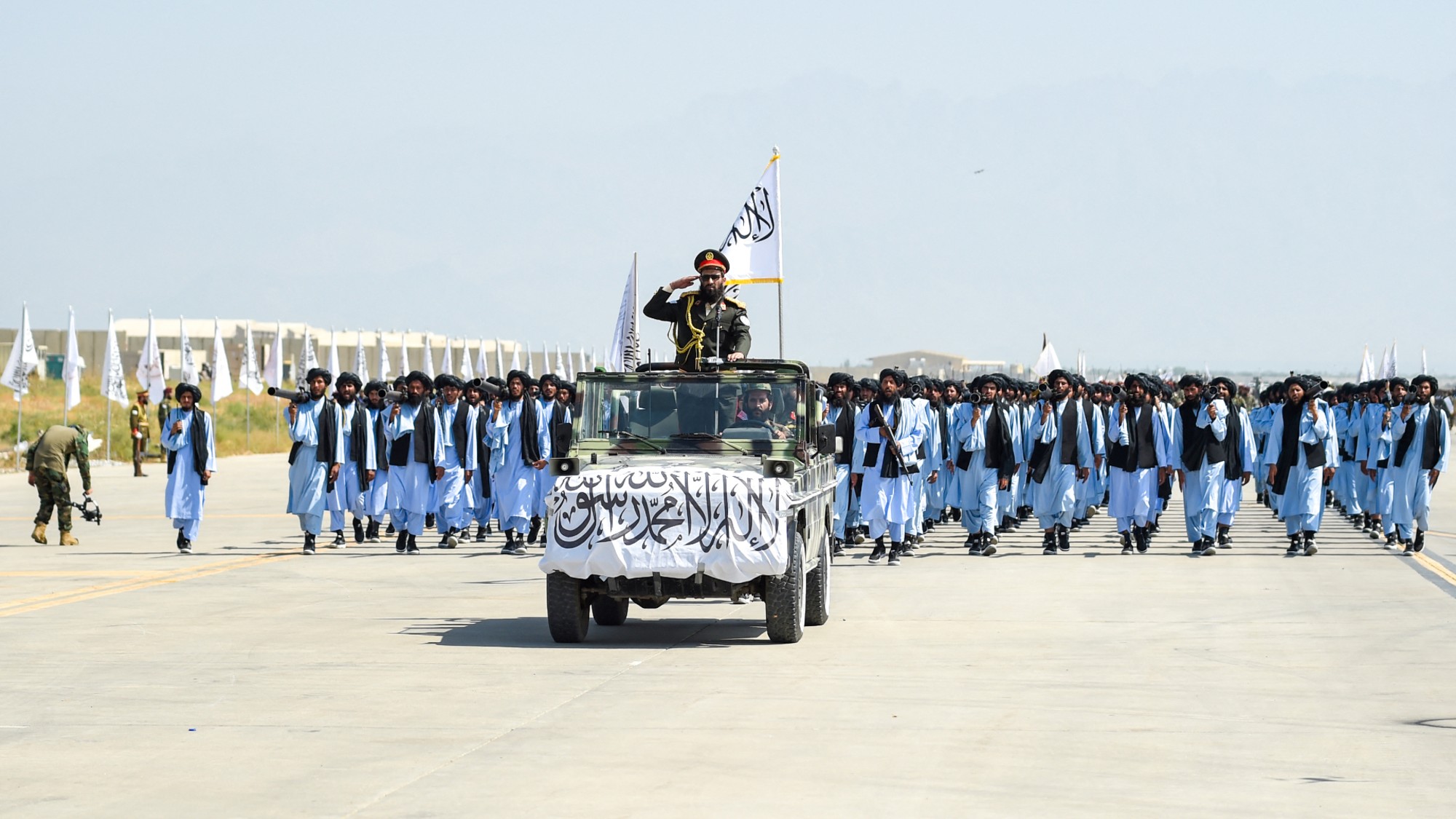 Why Russia removed the Taliban's terrorist designation
Why Russia removed the Taliban's terrorist designationThe Explainer Russia had designated the Taliban as a terrorist group over 20 years ago
-
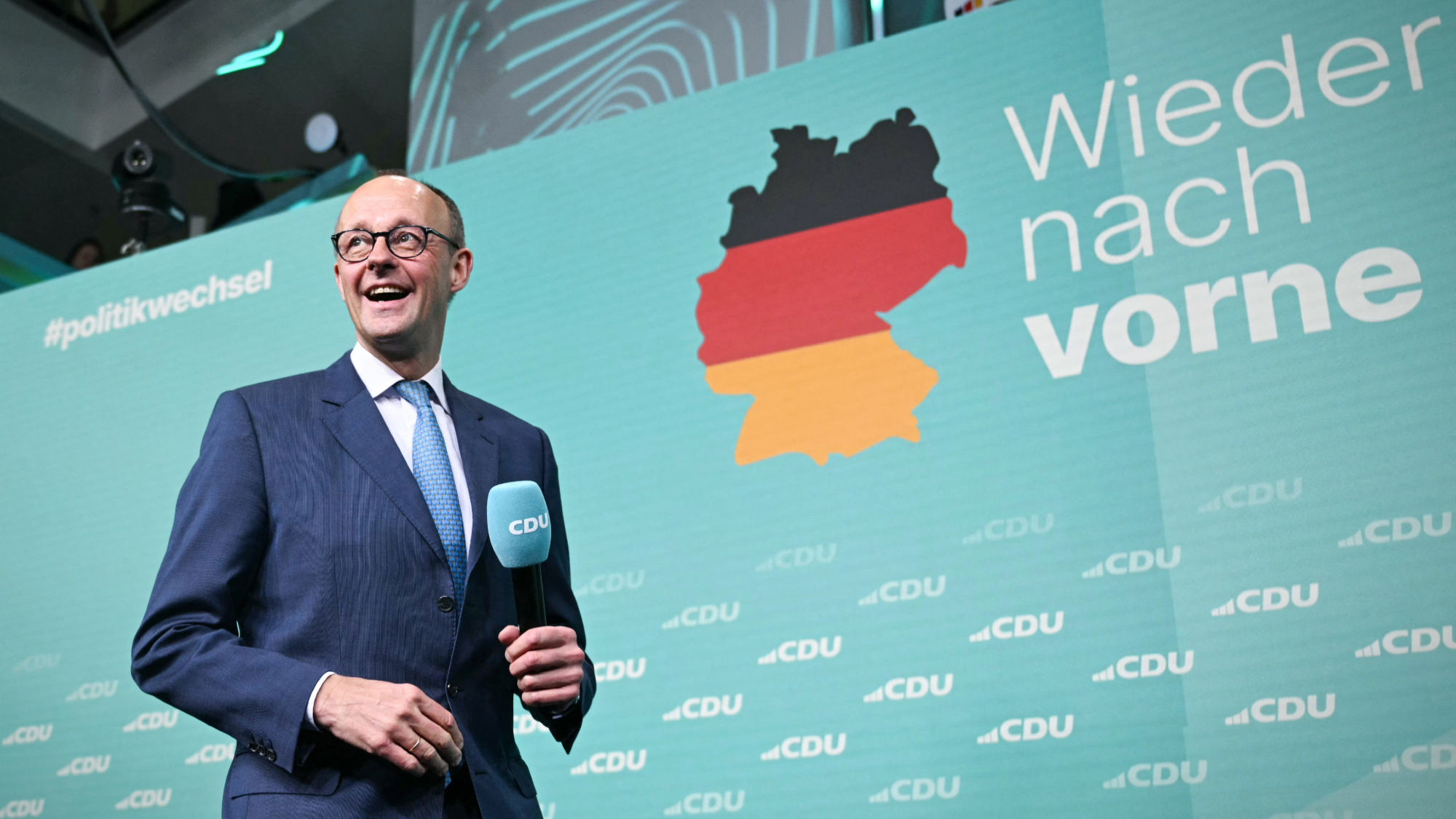 Germany's conservatives win power amid far-right gains
Germany's conservatives win power amid far-right gainsSpeed Read The party led by Friedrich Merz won the country's national election; the primary voter issues were the economy and immigration
-
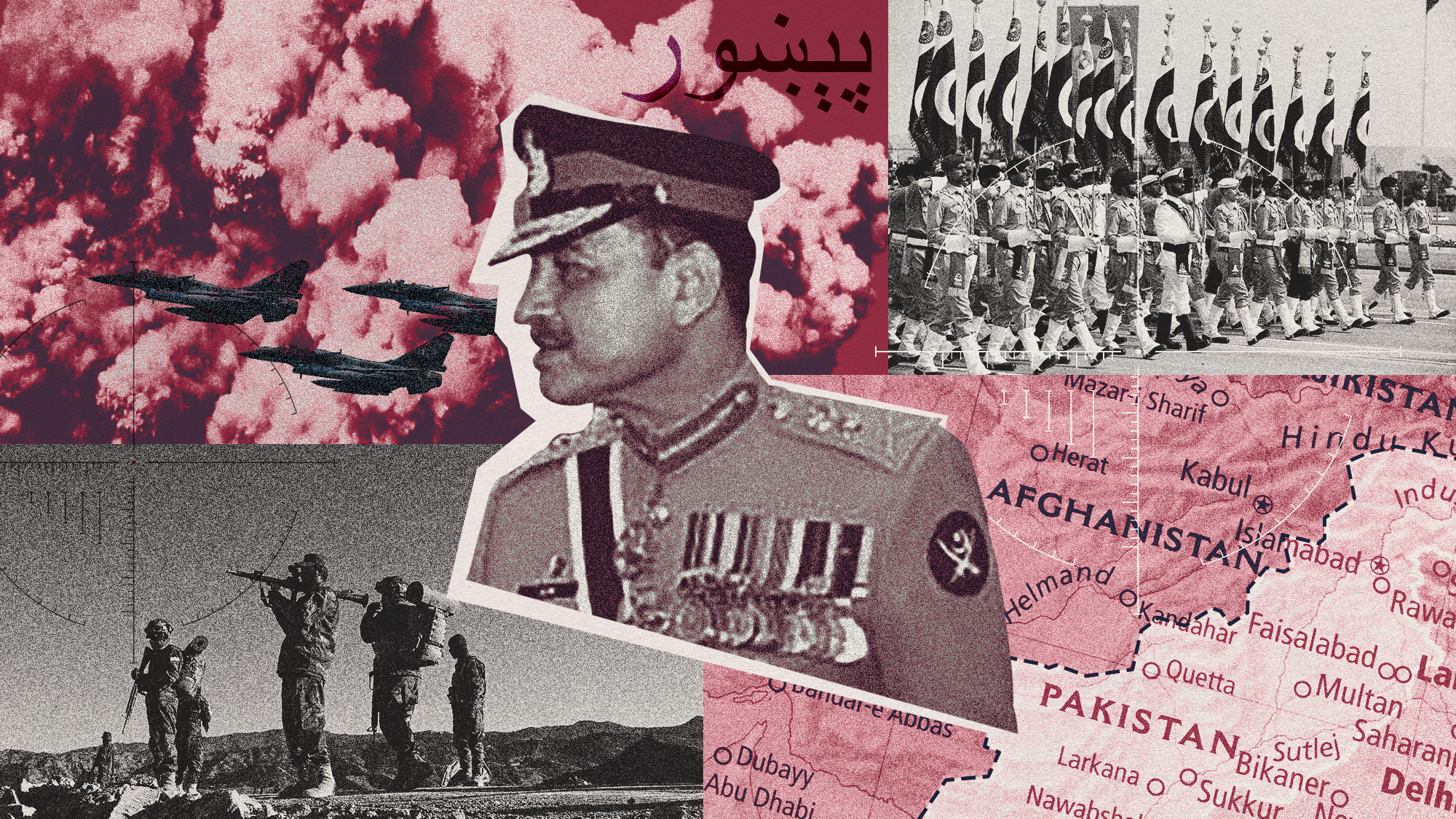 The resurgence of the Taliban in Pakistan
The resurgence of the Taliban in PakistanUnder the Radar Islamabad blames Kabul for sheltering jihadi fighters terrorising Pakistan's borderlands
-
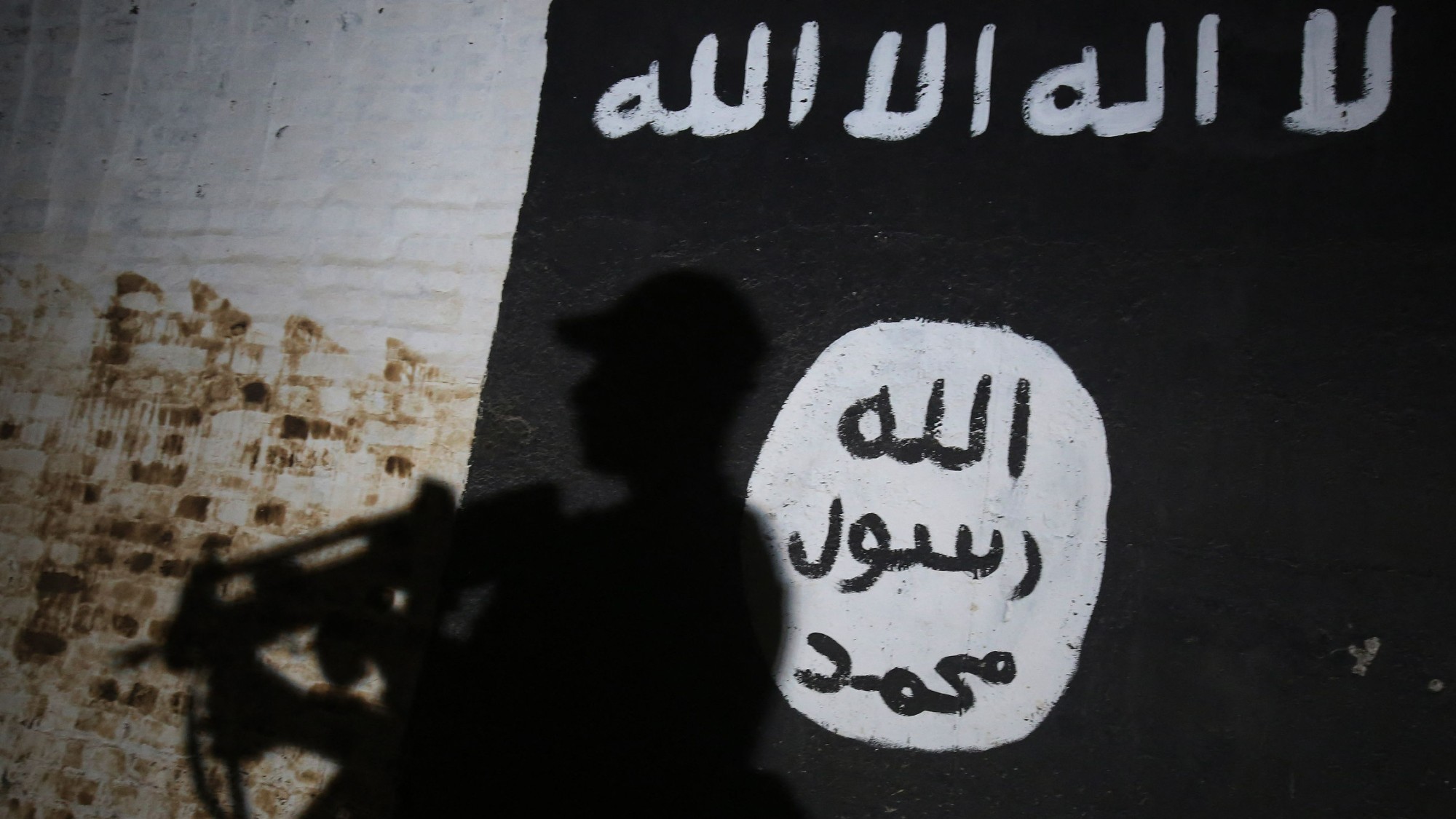 Islamic State: the terror group's second act
Islamic State: the terror group's second actTalking Point Isis has carried out almost 700 attacks in Syria over the past year, according to one estimate
-
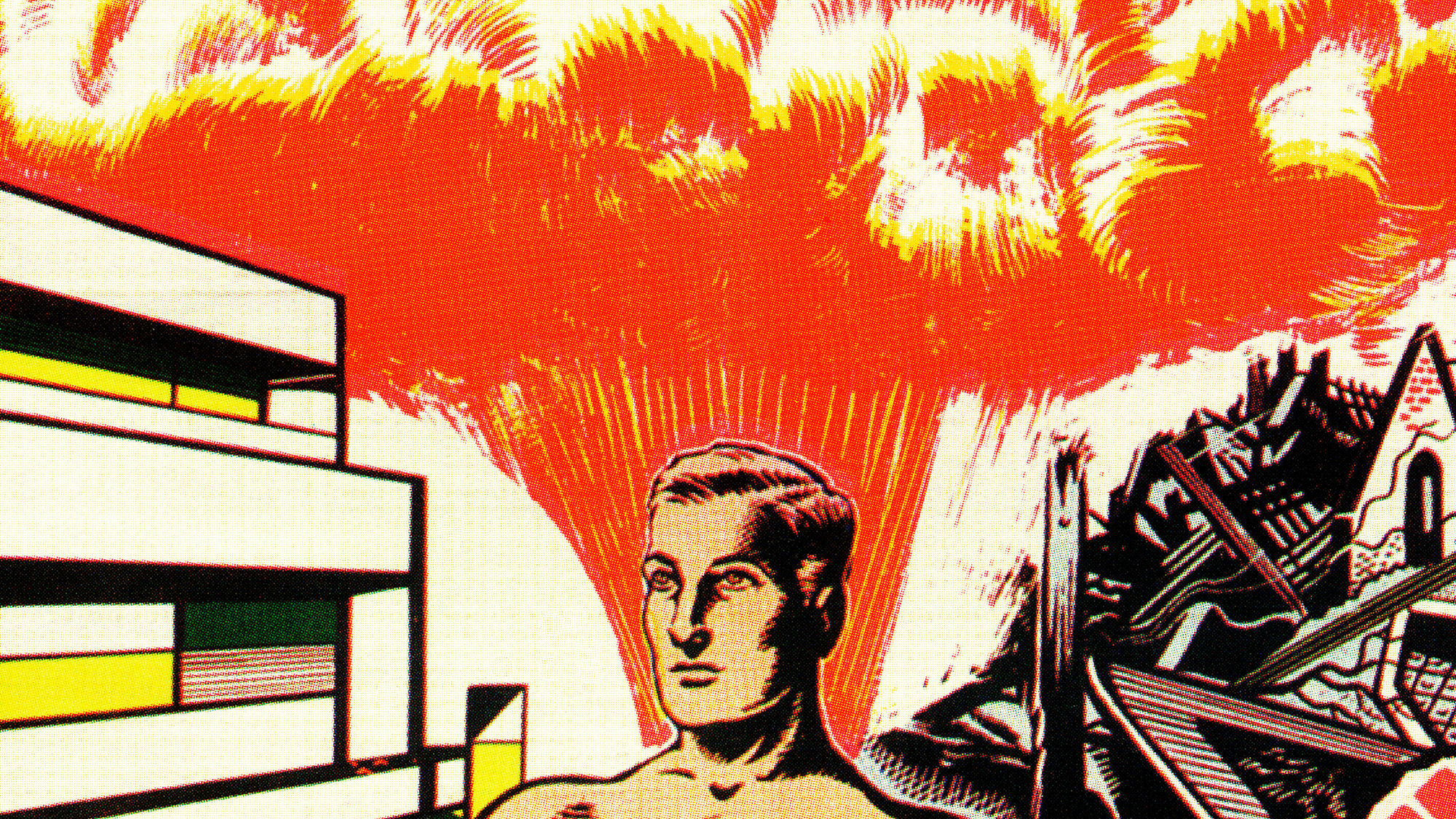 The rising demand for nuclear bunkers
The rising demand for nuclear bunkersUnder the Radar Fears of nuclear war have caused an increase in shelter sales, but experts are sceptical of their usefulness
